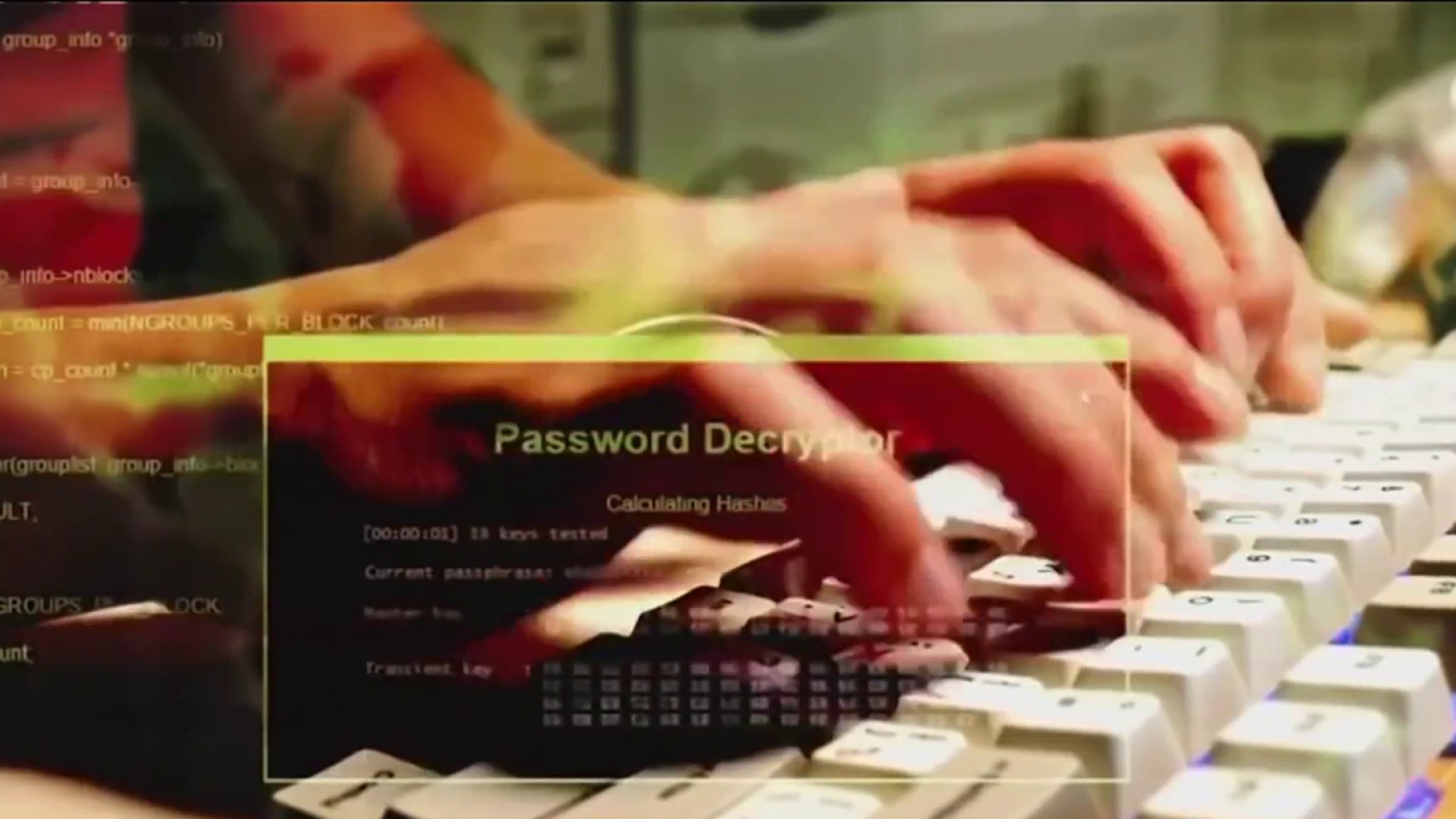Wrong Number Text Scams: Are You the Next Victim?
Odd Texts Got You Confused? "Wrong Number" Scams Exploding!
Are You Getting Mysterious Texts? You're Not Alone!
Have you ever received a text message that seemed completely out of the blue? Something like, "Hey, how are you?" or "Remember that thing we talked about?" It's easy to assume it's just a wrong number. But what if it's not? What if it's the beginning of a sophisticated scam designed to steal your personal information or, worse, your hard-earned money? An increasing number of seemingly random and innocuous texts are hitting Apple and Android device users, and cybersecurity experts are raising the alarm.
The Alarming Rise of "Wrong Number" Scams
These aren't your grandma's Nigerian prince emails. These scams are more subtle, more conversational, and, frankly, more believable. They rely on your natural human instinct to be polite and respond. And that response, even a simple "Wrong number," is all the scammer needs to start their game.
Why are these scams so prevalent now?
Several factors contribute to the rise of "wrong number" scams. First, we're more reliant on our phones than ever before. We conduct business, manage our finances, and stay connected with loved ones, all through our mobile devices. This makes us a prime target for scammers.
Second, technology has made it easier than ever for scammers to operate. They can use sophisticated software to generate thousands of random phone numbers and send out mass text messages. It's a numbers game for them, and the more numbers they hit, the more likely they are to find a victim.
The Shocking Statistics: Text Scams on the Rise
The Federal Trade Commission (FTC) reports that text-based scams are becoming increasingly prevalent. In fact, the FTC says 22 percent of scams that result in monetary loss are originated via text. This is a significant jump, indicating that scammers are finding text messages to be a highly effective tool for their malicious activities. This isn't just some isolated incident; it's a growing trend that demands our attention.
AI: The Scammer's New Best Friend
Think these scammers are just manually typing out these messages? Think again. Artificial intelligence (AI) is playing a significant role in the rise of "wrong number" scams. AI is making “wrong number” text scams more common. AI-powered chatbots can engage in realistic conversations, making it difficult to distinguish between a real person and a sophisticated scammer.
How does AI help scammers?
- Personalization: AI can analyze your responses and tailor the conversation to your interests, making the scam feel more genuine.
- Scalability: AI can handle thousands of conversations simultaneously, allowing scammers to reach a wider audience.
- Evasion: AI can adapt its tactics to avoid detection, making it harder for law enforcement to track them down.
Recognizing the Red Flags: Spotting a "Wrong Number" Scam
So, how can you protect yourself from these scams? The first step is to be aware of the red flags. While these scams can be subtle, there are often telltale signs that something isn't right.
Common red flags:
- Unsolicited messages: Did you initiate the conversation? If not, be wary.
- Generic greetings: Messages like "Hey, how are you?" are often used to cast a wide net.
- Requests for personal information: Scammers will eventually try to get you to reveal sensitive information like your name, address, or financial details.
- Links to suspicious websites: Be very cautious about clicking on links in text messages, especially if you don't recognize the sender.
- Urgency: Scammers often try to create a sense of urgency to pressure you into acting quickly.
The "Accidental Friendship" Trap: How Scammers Gain Your Trust
One common tactic used by "wrong number" scammers is to try to build a relationship with you. They might start with a simple "wrong number" message and then apologize profusely when you point out their mistake. They might then try to strike up a conversation, asking about your day or sharing details about their own life.
Why do they do this?
The goal is to gain your trust. Once they've established a rapport, they're more likely to be able to manipulate you into giving them what they want. This could be anything from personal information to financial assistance.
The "Investment Opportunity" Ruse: A Path to Financial Ruin
One of the most common scams that originate from "wrong number" texts is the "investment opportunity" ruse. The scammer will eventually start talking about their successful investments and try to convince you to invest as well. They might promise high returns with little to no risk.
Why is this so dangerous?
These "investments" are almost always scams. The scammer will take your money and disappear, leaving you with nothing. It's a devastating experience that can have serious financial consequences.
The "Lost Package" Ploy: Stealing Your Identity Piece by Piece
Another common scam involves the "lost package" ploy. The scammer will send you a text message claiming that a package addressed to you is being held up due to a problem with the delivery. They'll then ask you to click on a link to update your address or pay a small fee.
What's the catch?
The link will take you to a fake website that looks legitimate. However, the website is designed to steal your personal information, including your name, address, phone number, and credit card details. This information can then be used for identity theft.
The "Government Assistance" Bait: Exploiting Your Trust in Authority
During times of economic hardship, scammers often try to exploit people's vulnerability by offering "government assistance." They might send you a text message claiming that you're eligible for a grant or other form of financial aid. They'll then ask you to provide your personal information or pay a small fee to process your application.
Why is this so unethical?
These scams are particularly insidious because they prey on people's hope and desperation. They take advantage of people who are already struggling financially and leave them even worse off.
Protecting Yourself: Your Best Defense Against "Wrong Number" Scams
So, what can you do to protect yourself from these "wrong number" scams? The good news is that there are several steps you can take to minimize your risk.
Practical tips for staying safe:
- Don't respond to unsolicited texts: This is the single most effective way to avoid getting scammed. If you don't recognize the number, don't reply.
- Block suspicious numbers: If you receive a text message from a number you don't recognize, block it immediately.
- Don't click on links in text messages: Be very cautious about clicking on links in text messages, especially if you don't recognize the sender.
- Don't give out personal information: Never give out your personal information, such as your name, address, or financial details, to someone you don't know.
- Report suspicious activity: If you suspect that you've been targeted by a scam, report it to the FTC.
Reporting Scams: Helping to Stop the Spread
Reporting scams is crucial to helping law enforcement track down and prosecute these criminals. The more information they have, the better they can protect others from falling victim to these scams.
Where to report scams:
- Federal Trade Commission (FTC): You can report scams to the FTC online at ReportFraud.ftc.gov.
- Local law enforcement: You can also report scams to your local police department or sheriff's office.
- Your phone carrier: You can report spam texts to your phone carrier by forwarding the message to 7726 (SPAM).
The Power of Awareness: Educating Others About Scam Tactics
One of the most important things we can do to combat these scams is to raise awareness about them. Talk to your friends, family, and neighbors about the risks of "wrong number" scams and share the tips you've learned for staying safe. The more people who are aware of these scams, the less effective they will be.
The Future of Scams: Staying Ahead of the Curve
Scammers are constantly evolving their tactics, so it's important to stay informed about the latest scams. Follow cybersecurity experts and news outlets to stay up-to-date on the latest threats. By staying ahead of the curve, you can better protect yourself from falling victim to these scams.
The Cost of Complacency: Why Ignoring the Problem is Dangerous
It's easy to dismiss these "wrong number" texts as harmless annoyances. However, ignoring the problem can have serious consequences. By failing to take these scams seriously, you're putting yourself at risk of losing your personal information, your money, or even your identity.
Don't Be a Statistic: Taking Control of Your Digital Security
You don't have to be a victim of these scams. By taking a proactive approach to your digital security, you can significantly reduce your risk. Be vigilant, be skeptical, and be sure to report any suspicious activity. Remember, your safety and security are in your hands. The best defense is no response, and reporting the text as spam.
Conclusion: Stay Vigilant and Protect Yourself
The rise of "wrong number" scams is a serious threat, but it's a threat that we can overcome. By staying informed, being vigilant, and taking proactive steps to protect ourselves, we can minimize our risk of falling victim to these scams. Remember, the best defense is no response and reporting the text as spam. Stay safe out there!
Frequently Asked Questions (FAQs)
Here are some frequently asked questions about "wrong number" scams:
- Q: What is a "wrong number" scam?
A: A "wrong number" scam is a type of fraud where scammers send text messages to random phone numbers in an attempt to trick people into providing personal information or money. They often start with an innocuous message and try to build a relationship with the recipient.
- Q: How can I identify a "wrong number" scam?
A: Look for red flags such as unsolicited messages, generic greetings, requests for personal information, links to suspicious websites, and a sense of urgency.
- Q: What should I do if I receive a suspicious text message?
A: Don't respond to the message. Block the number and report it to the FTC and your phone carrier.
- Q: Can AI really make these scams more effective?
A: Yes. AI allows scammers to personalize their messages, scale their operations, and evade detection, making it harder to identify and avoid these scams.
- Q: What is the most important thing I can do to protect myself?
A: The most effective way to protect yourself is to avoid responding to unsolicited text messages from unknown numbers. Remember, no response is the best response.



